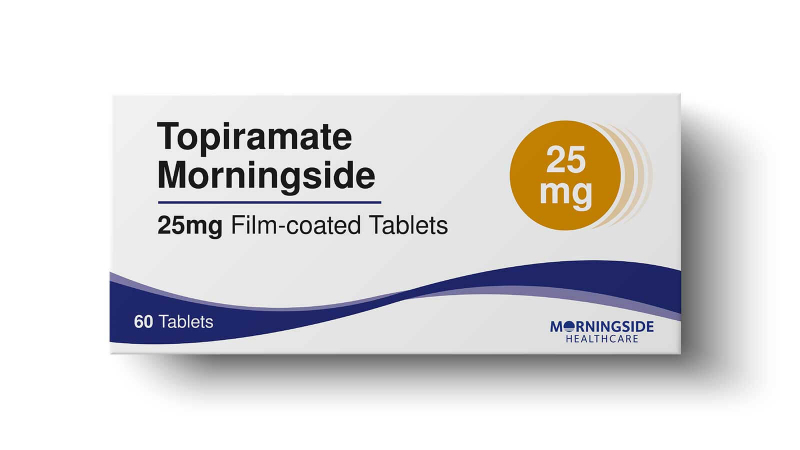Interactions
When combined with cyclobenzaprine, medications that interact with the drug may lessen its effects, shorten their duration, exacerbate their severity, or have no effect at all. Even while it is not always necessary to cease taking one of the drugs, sometimes there is an interaction between two drugs. Consult your doctor to learn how to handle drug interactions.
The following common drugs may interact with cyclobenzaprine:
- anti-anxiety medications
- anticonvulsants
- antidepressants, such as amitriptyline, imipramine, nortriptyline
- antihistamines that cause sedation, such as diphenhydramine
- duloxetine
- monoamine oxidase inhibitors, such as selegiline, isocarboxazid, or phenelzine (interaction may be life-threatening)
- opioid analgesics such as oxycodone and morphine
- other muscle relaxants such as methocarbamol
- sleeping pills, such as zolpidem
- some chemotherapy treatments
- some medications used to treat mental illness, such as clozapine and thioridazine
- topiramate.
Alcohol may exacerbate the cyclobenzaprine's negative effects, such as sleepiness and vertigo.
Note that only commonly used drugs that may interact with cyclobenzaprine are included in this list, which is not exhaustive. For a comprehensive list of interactions, consult the cyclobenzaprine prescribing instructions.









